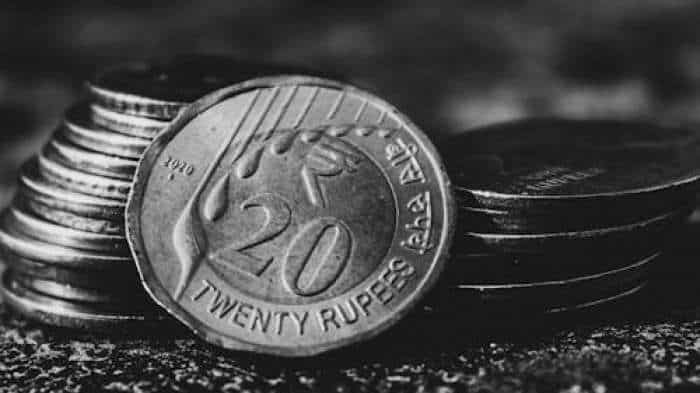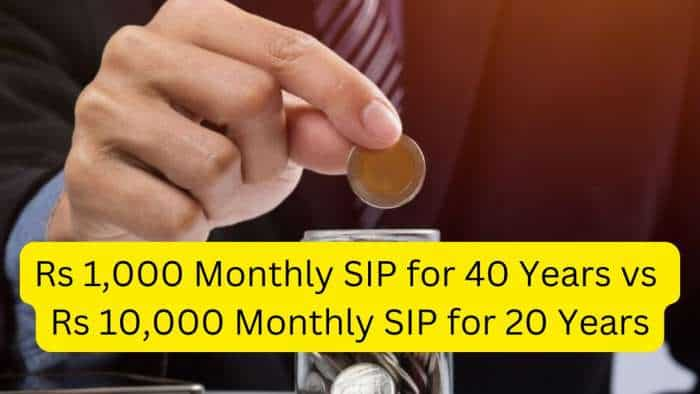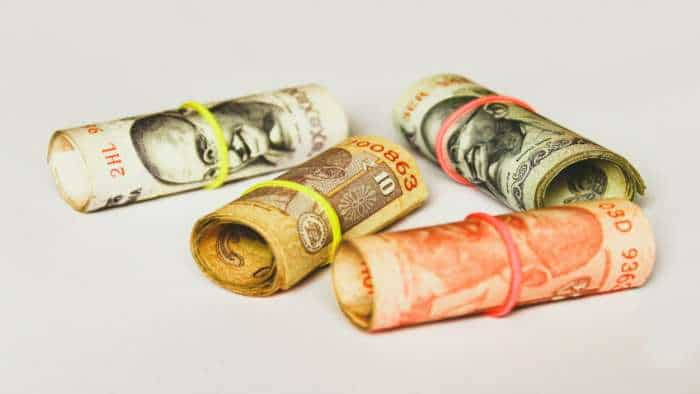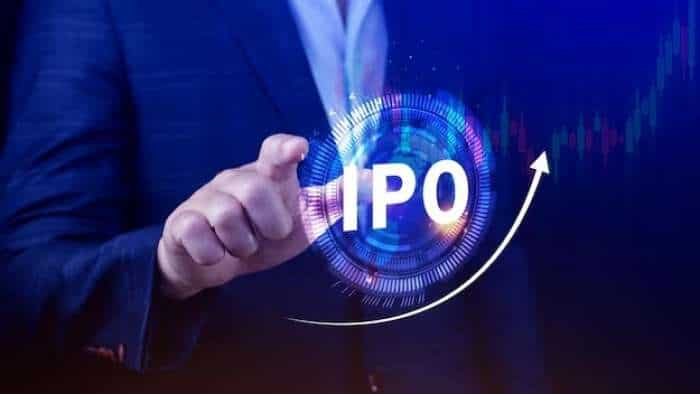Flagged our concerns on high petrol taxes; up to govt to take decision: RBI Governor Shaktikanta Das
After flagging concerns surrounding the inflationary impact of the high indirect taxes on fuels for the second time, RBI Governor Shaktikanta Das on Friday said it is now for the government to take a decision on the issue

After flagging concerns surrounding the inflationary impact of the high indirect taxes on fuels for the second time, RBI Governor Shaktikanta Das on Friday said it is now for the government to take a decision on the issue, which is pinching common citizens.
See Zee Business Live TV Streaming Below:
Das, who had earlier flagged the issue publicly for the second consecutive time in as many policy announcements, said that the government has acted on other supply side issues like pulses and edible oils.
It can be noted that the government had hiked duties and cesses on fuels like petrol and diesel to record levels after a sharp dip in global crude prices last year which resulted in higher revenue collections.
With the rebound in prices, the government has not moved to cut the taxes due to which Indians are paying over Rs 100 for a litre of petrol and diesel is also close to the three-digit mark.
On this issue (indirect taxes on fuels) as well as on several other issues where the action lies in the domain of the government, there is constant engagement between the RBI and the government. We voice all our suggestions and concerns from time to time, Das told reporters in the customary post policy interaction.
On the petrol and diesel front, we have flagged the issue, now it is for the government to consider all the aspects and take a decision beyond that I have nothing to add, Das added.
He welcomed the other measures taken by the government to reduce the supply side constraints and added that now the government is getting into an agreement with certain neighbouring countries for import of pulses as well.
Efforts to contain cost-push pressures through a calibrated reversal of the indirect taxes on fuel could contribute to a more sustained lowering of inflation and an anchoring of inflation expectations, Das had said in his statement earlier on Friday morning.
It can be noted that the RBI is an inflation-targeting central bank which is mandated to get the headline price down to 4 per cent. In some instances in the recent past, the CPI inflation has breached the 2 per cent tolerance band as well.
The central government has in the past said that cutting fuel taxes needs collective action from both the centre and the states, and also said that it is forced to collect higher taxes because of oil bonds issued in the past under the UPA government.
Get Latest Business News, Stock Market Updates and Videos; Check your tax outgo through Income Tax Calculator and save money through our Personal Finance coverage. Check Business Breaking News Live on Zee Business Twitter and Facebook. Subscribe on YouTube.
RECOMMENDED STORIES

Power of Rs 3,000 SIP: In how many years, Rs 3,000 monthly investment can generate corpuses of Rs 2 crore and Rs 3 crore? Know here

Power of Compounding: Rs 5 lakh lump sum investment in 3 flexi schemes has grown to at least Rs 15.5 lakh in 5 years; see list

Power of Compounding: How can you create Rs 5 crore, 6 crore, 7 crore corpuses if your monthly salary is Rs 20,000?

Rs 1,000 Monthly SIP for 40 Years vs Rs 10,000 Monthly SIP for 20 Years: Which can give you higher corpus in long term? Calculations inside

Top 7 ETFs With Highest Returns in 1 Year: No. 1 ETF has turned Rs 8,78,787 investment into Rs 13,95,091; know how others have fared
03:39 PM IST








 RBI: After another status quo year, all eyes on a growth-propping rate cut with new Guv at helm By Ashish Agashe
RBI: After another status quo year, all eyes on a growth-propping rate cut with new Guv at helm By Ashish Agashe RBI to stay alert & agile to meet challenges, it's an honour to head it: Governor Sanjay Malhotra
RBI to stay alert & agile to meet challenges, it's an honour to head it: Governor Sanjay Malhotra  Sanjay Malhotra takes charge as RBI Governor
Sanjay Malhotra takes charge as RBI Governor Thank you, PM Modi, FM Sitharaman, Team RBI: Shaktikanta Das on his last day in office
Thank you, PM Modi, FM Sitharaman, Team RBI: Shaktikanta Das on his last day in office IAS Sanjay Malhotra to be 26th RBI Governor; here's what economists say
IAS Sanjay Malhotra to be 26th RBI Governor; here's what economists say